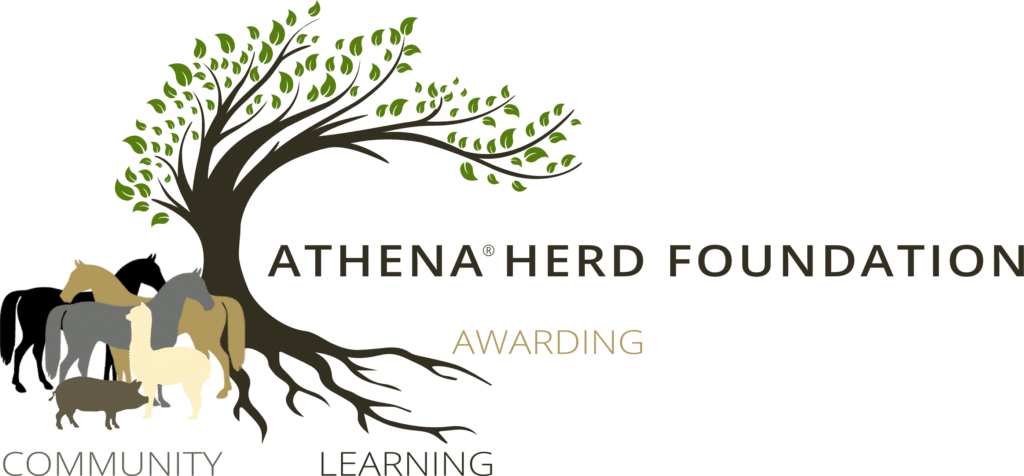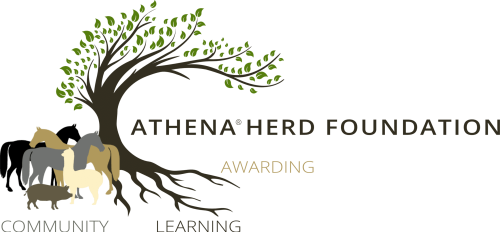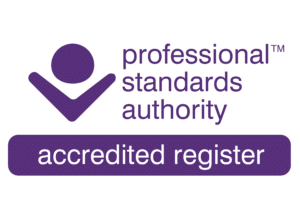
Accredited Practitioner Register Professional Standards in Equine Facilitated Interactions
The Register’s Framework of Professional Standards have been created to ensure that practitioners create and maintain appropriate and effective standards in the delivery of Equine Facilitated Interactions. It brings together both generic best practices and standards for health and social services, as well as the more specific considerations that arise from engaging horses in the process.
The aim is to ensure that clients and service users are able to engage safely and freely, and so to effectively progress towards their personal needs, goals and aspirations. Therefore, practitioners are charged with acting in such a way that facilitates feelings of safety and trust for the service user experience.
Membership of the Register is a serious ethical commitment and this is embodied in the Ethical Principles, in addition practitioners shall commit to the Framework of Professional Standards, as follows.
Ethical Behaviour and Respectful Approach
- act at all times with sound ethics and morals at all times;
- at all times prioritise and acknowledge the needs of our service users;
- in delivery recognise the uniqueness of individual human experience and so respecting the personal feelings and emotions of each service user;
- at all times recognise and acknowledge the needs and experiences of the horses involved in the sessions;
- ensure that all decisions made with regard to the service users support or treatment are made ethically;
- maintain appropriate care and attention for the equines being worked with;
- recognition and appropriate respect for all protected characteristics as defined within Equality Act 2010;
- provide a clear and accessible process of recourse should the service user need to raise a complaint or concern
Professional Practice
- maintain a physically safe space for service users in their interaction with horses, as well as generally whenever they are onsite;
- being able (and willing) to undertake or demonstrate any activity asked of the client;
- having an affective range of physical and mental settling or grounding exercises that can be engaged to support the service-users during any exercise as required;
- ensure appropriate levels of privacy are maintained for service users throughout the duration of their session(s);
- sustain a regular practice of professional supervision;
- maintain appropriate and current personal legal checks and searches;
- sustain and keep up to date levels of professional practice, including personal learning and development (continued professional development), and self-care and practice
Facilitation of Interactions
- create and maintain a safe space for all participants, being: clients and service users; professional colleagues; the horses, and; any supporters or volunteers engaged in supporting the horses;
- properly contract sessions or groups of sessions, establishing clear and bounded framework of understanding for the service user about how the sessions will be carried out, how they will be engaged, what will be in scope and what will not;
- maintain service user focus throughout sessions and maintain respect for the service user and their feelings and experiences;
- be respectful of question raised, or observations made, by clients about the horses they are working with;
- maintain a sympathetic awareness of what your client/service-user is comfortable be asked to undertake with a horse and be prepared to adapt any exercise accordingly;
- to be able to recognise situations where service user (or horse) is at risk of exceeding the bounds of their windows of tolerance;
- work at all times within the bounds and limitations of their professional competencies and publicly offered services;
- maintain a list of appropriate sign-posting options that can be shared with the service user should it become necessary;
- when working within a group or herd of horses ensure that an awareness of the wider herd behaviour and agree clear safety communications with service-users in advance;
- when working with a group of service-users ensure that sufficient support is provided for all attendees throughout the session, when individually they are with the horse or not;
- when working in an arena space/sand-school consider whether an additional pair of hands to look after the horse is necessary
Due Care and Respect for Horses
- understand something of the underlying equine-psychological effects of all physical aids and materials used, and exercises undertaken, with horses;
- maintain a sympathetic understanding for the physical and mental health of the horse at all times (not just in when in work) and do not ask those to work that are not fit to do so;
- recognise the communication and behavioural signs that may indicate discomfort, or at the end of their capacity to continue with the work;
- do not ask or persist with activities which cause the horse distress;
- recognise that horses have a choice in all interactions;
- understand the time limit/capacity of each horse has to work and be respectful that;
- be willing to change the horse(s) or stop the session if it is appropriate to do so;
- be conscious of the effects that groups of human energy and behaviour has on horses and maintain interactions within a reasonable limit;
- where appropriate ensure that horses have access to water and feed if they kept away from it for extensive periods of time;
- ensure that horses have appropriate recuperation options after session, ideally in a quiet space, and the presence of other horses
Client Information and Record Keeping
- monitor service use progress throughout period of treatment;
- maintain clear and appropriate record keeping, and keep these notes appropriately private and secure location;
- monitoring and recording service user experience throughout and acting where necessary to better or improve that experience;
- protecting general service user confidentiality and privacy, including their personal details and information
Promotion of Services
- ensure that service users have clear expectations of what activities can be provided and what outcomes might be achievable;
- make only honest, authentic and justifiable assertions around the benefits of their service;
- to provide the services at a price that whilst reflecting the realistic cost of provision is affordable and reasonable for service users





